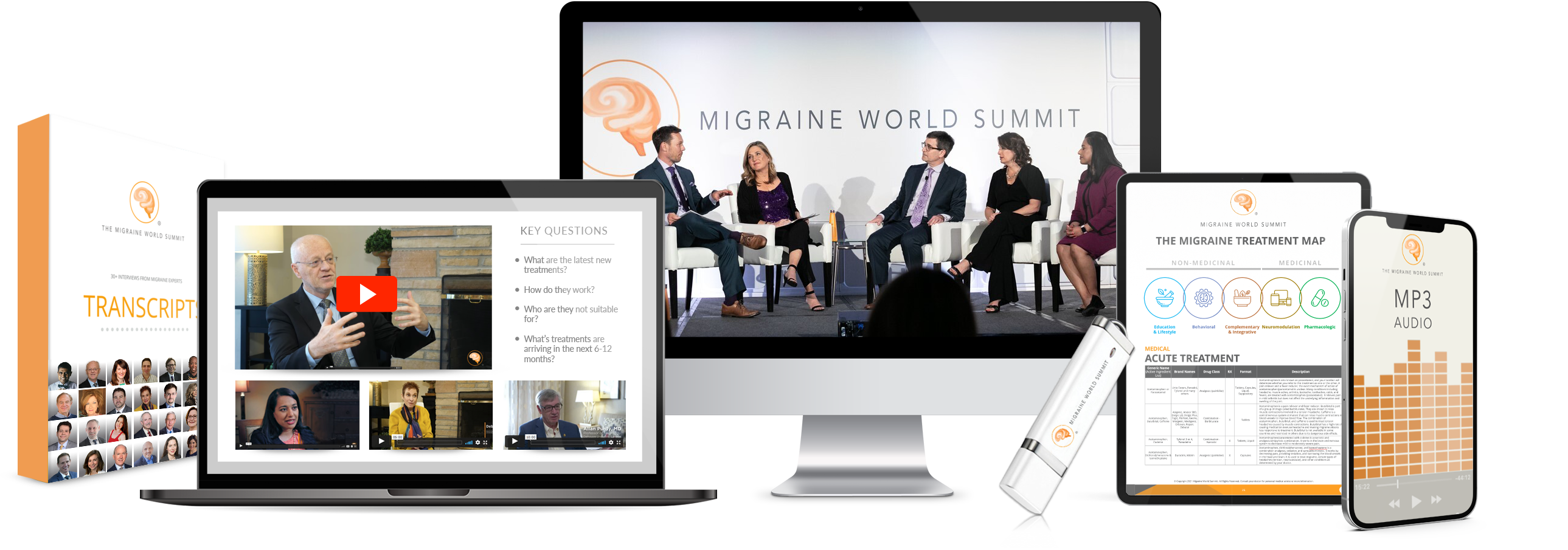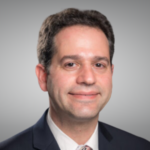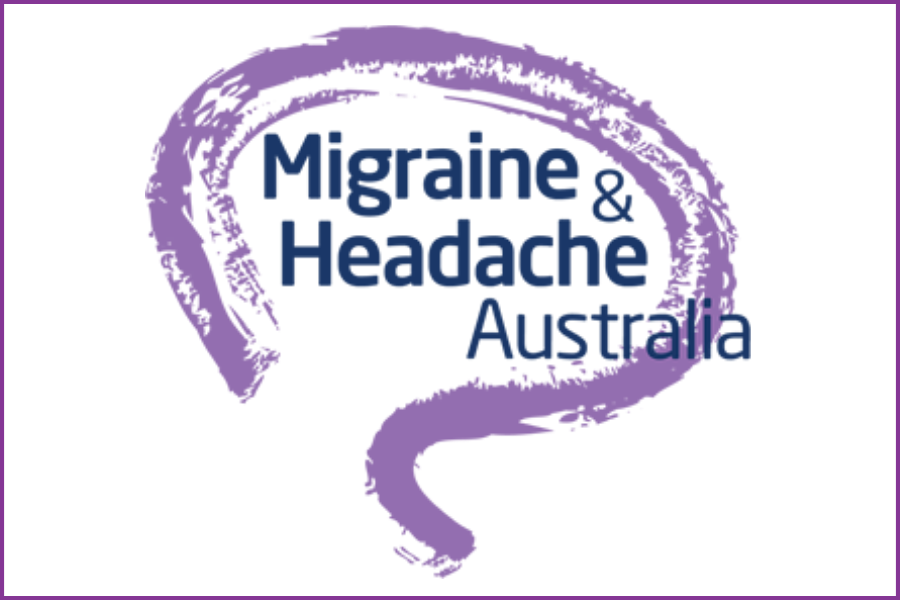How An Integrative Approach Can Help Migraine
You are currently watching a preview of this interview. Unlock the full version by upgrading to an Access Pass bundle! Get FREE access to 8 expert interviews from Day 1 and Day 2 when you register today!
Viewer note: If the audio/video sync issues that occur at some points in this video are distracting, you might opt to listen to the audio-only so as not to miss valuable information.
Key Questions
- Why can it be difficult to find doctors who think outside the box when it comes to migraine treatment?
- How long do you recommend sticking with an integrative therapy before moving on?
- Is alternative medicine as effective as mainstream therapies?
- How can patients distinguish between safe, evidence-based alternative therapies and those that are bogus or misleading?
- Which integrative therapy approaches have shown the most promise in treating migraine?
- What sort of training or education are providers receiving to open up the conversation about alternative treatments with patients?
- What is the best way to navigate the search for providers who can incorporate integrative medicine into their patients’ treatment plans?
- Are chiropractic maneuvers safe for treating migraine?
- Is there enough evidence to suggest that psilocybin is an effective migraine treatment?
- Why is alternative medicine being taken more seriously now than before?
Interview Notes
- American Headache Society
- Headache: The Journal of Head and Face Pain
- Headache toolbox: evidence-based integrative treatments for headache
- Systematic review: Acupuncture vs. standard pharmacological therapy for migraine prevention
- Westport Headache Institute
- Instagram: @westportheadache
- National Center for Complementary and Integrative Health

Deena Kuruvilla, MD, FAHS
Neurologist & Director
Westport Headache Institute
Dr. Kuruvilla is a board-certified neurologist and director of the Westport Headache Institute, where she employs a holistic, biopsychosocial approach to diagnosis and treatment. She is also certified in headache medicine by the United Council for Neurologic Subspecialties. She is an assistant professor adjunct at the Yale School of Medicine, and has authored many articles, book chapters, and research publications. Her practice focuses on treatment procedures for headache, such as nerve-block injections, botulinum toxin injections, and trigger-point injections.
She is a member of the American Academy of Neurology and the American Headache Society, and actively serves on the Procedural Headache Medicine Special Interest Section of the American Headache Society. She has also been an invited reviewer and author for many peer-reviewed publications, including Headache, Cephalalgia, JAMA, and the British Medical Journal.
Dr. Kuruvilla’s research and clinical work has been widely featured in the press, including Prevention magazine, Neurology Today, the Hartford Courant, and The Wall Street Journal.

Purchase full access to the entire 2024 Summit. Includes:
- All expert interviews with separate audio (MP3) files & transcripts
- Lifetime on-demand access with no annual fee to 2024 Summit
- Interview Summaries
- Treatment Guidelines
- And much more!
Related Talks for: Day 4 (2021)
Headache and Migraine in Later Life
Matthew Robbins, MD
Recovering From Trauma and Concussion
Morris Levin, MD
Yoga for Migraine: Does It Help?
Adriane Dellorco
Migraine & Headache Australia is the only organization in Australia that aims to support the more than 5 million Australians affected by headache and migraine. Headache Australia is a division of the Brain Foundation.
About a billion people around the world are affected by migraine. Many suffer from severe headaches, and others endure debilitating pain, blurred vision, and other side-effects, some for as many as 15 days a month or more. Teva has been providing treatments for diseases of the central nervous system for over thirty years. We are working to bring innovative treatments to those suffering from migraine and headache, as well as bringing greater awareness of the impact these conditions can have on peoples’ lives.
Elizabeth joins the interviewing cast of the Summit in addition to her roles managing educational content for people with migraine.







